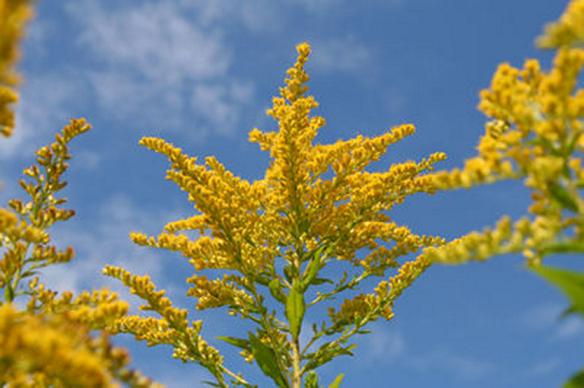
Ladies and Gents, Spring is officially here and with the beautiful weather and increased sunlight comes most people’s biggest nightmare … allergies. The sneezing, runny noses and itchy eyes can be a drag for some and everyone who suffers from allergies has some kind of remedy to ease the pain, but how many of these remedies actually work? Check out these four myths that may keep you from doing more harm than good this allergy season.
Eating Honey Every Day Keeps Allergies Away
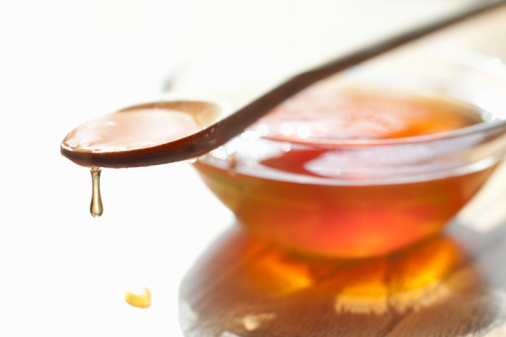
A lot of people believe that delicious honey will make them immune to pollen. But there’s one huge flaw in that logic, which makes this a myth: The kind of pollen in honey isn’t really the same kind that causes seasonal allergies. Unlike immunotherapy, like the kind that allergy shots provide, honey isn’t specifically designed to deliver the same kinds of pollen that irritate the eyes and nose.
Flowers Are The Enemy
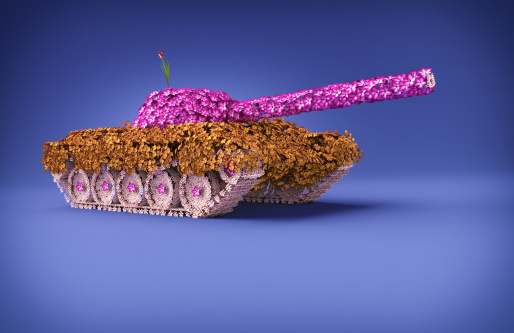
Most allergy sufferers try to avoid flowers like the plague, but these sweet smelling plants are getting a bad rap. The pollen in flowers is sticky, and is spread around by bees and other carriers. Which means it doesn’t really blow around like the airborne kind that wind-populated trees and weeds require. Unless you’re burying your face in them, there’s probably some other kind of plant to blame.
If You’ve Never Had Seasonal Allergies, You Never Will
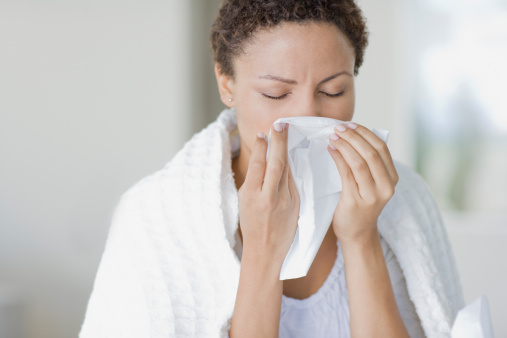
Many people think that if they never suffered from allergies as a kid, they won’t suffer from them as an adult. Wrong! Many adults develop sensitivities to pollen later in life, which may catch them off-guard. If you think that may be the case for you, consider trying a saline nasal rinse to see if it brings any relief. If so, you may have joined the ranks of the 67 million Americans who are allergic to pollen.
There’s No Need To Pre-medicate
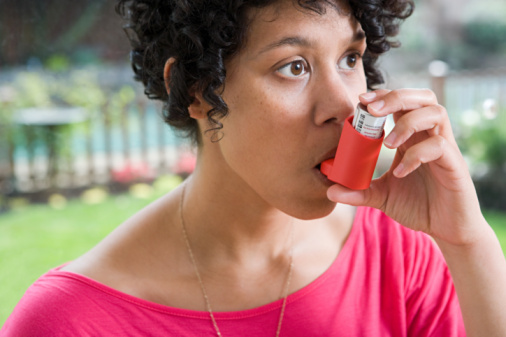
It’s a good idea to dose up on antihistamines and keep eye-drops with you on days when the pollen count is high. Unlike other diseases, like the flu, allergies have a very specific trigger, and can be predicted by things like pollen counts, which means taking meds before stepping out is actually a smart idea. Pre-medicating on days when you’re going to be outside, or on days when it’s likely to be very pollen-y can save you from a world of discomfort. Don’t wait for symptoms to hit you, or else you’ll be waiting even longer for your medication to take effect.
Do you suffer from allergies? What are your remedies?
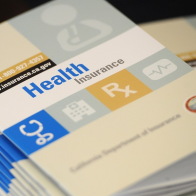






Nasonex or Allegra. I always start taking them about 10-14 days before March. My real allergens don’t start to bother me until late August. That’s when I really start getting the itchy eyes, sneezing, and itchy ears/throat.
There are so many spots in our own houses that can harbor allergy-provoking irritants and we often don’t know about them. If we paid more attention to these places we would be better protected from the negative impact they have on our health. My children are prone to allergic reactions and that’s why I’ll definitely choose some of the allergy-fighting products available in the market to protect them during this full-blown allergy season.